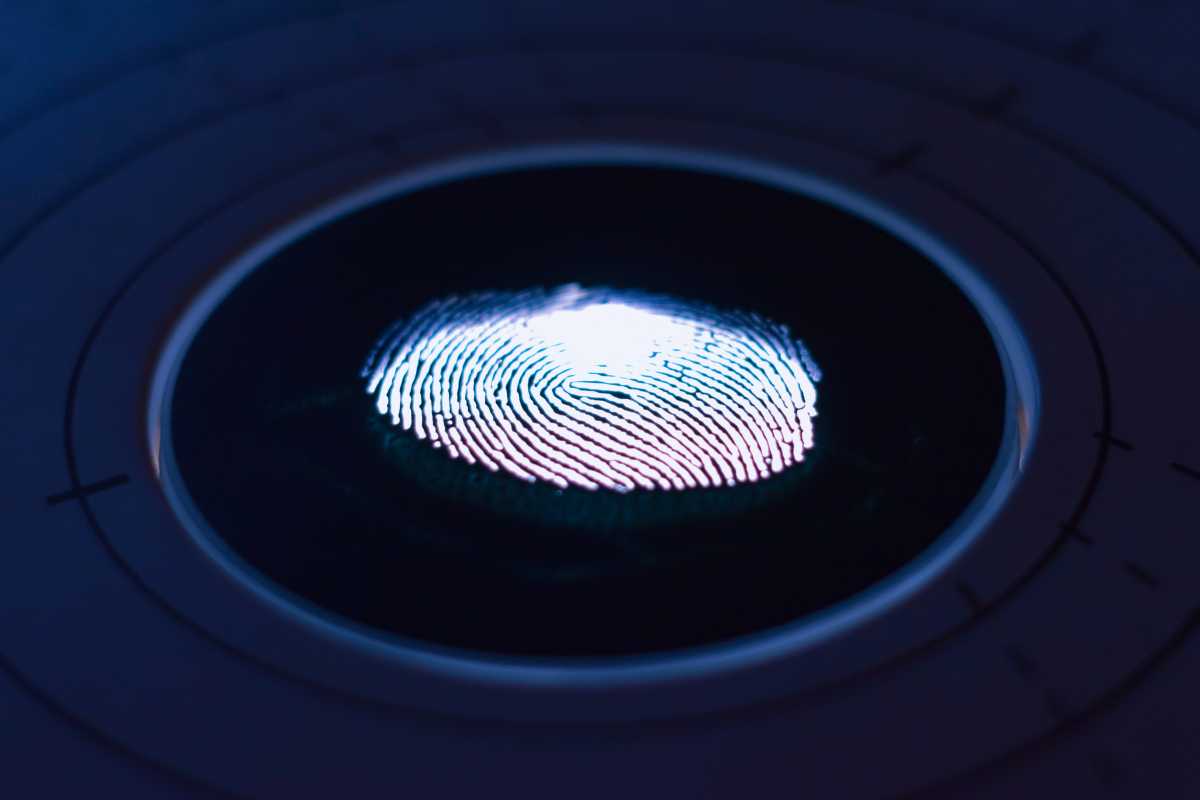
[ad_1]
Not sci-fi, however actual life: Samsung launched a voice-cloning feature for his or her new Galaxy S telephones this week. Train the Bixby cellular assistant in your S23, S23+, or S23 Ultra telephone, and it’ll efficiently mimic you throughout calls. This duplication is bought as a approach to reply calls everytime you’re unable to speak—you as an alternative kind solutions and the telephone reads them to the opposite social gathering in your voice.
But there’s a flip aspect to these things of sci-fi goals. AI-trained voice imitation will be additionally used for nefarious functions, as Motherboard demonstrated the exact same day as Samsung’s information. Using AI-generated imitations of his voice, author Joseph Cox breezed by way of his financial institution’s automated voice verification system.
Experts have warned for years of voice authentication’s weaknesses; lengthy earlier than AI-based instruments, they might be bypassed with recordings. But such scams typically concerned cold-calling a mark and getting them to say pertinent phrases—e.g., manipulating them to say “Yes” in response to a primary query. AI adjustments the sport, since interplay isn’t obligatory for the mimicry. Nor is far of your voice obligatory to coach these companies. Just a couple of minutes is sufficient.
In the quick time period, the hazard isn’t widespread but. For this kind of trick to occur with out your data, your voice must be publicly obtainable. It additionally nonetheless requires some work. Motherboard initially didn’t idiot Lloyds Bank with output from ElevenLabs, the instrument it used. Multiple tries and tweaks needed to occur earlier than the output handed as legit. And it might possible must be mixed with quantity spoofing or one thing like Samsung’s Bixby name characteristic if a monetary or different delicate service is monitoring for different indicators that you simply’re you.
But that doesn’t imply it is best to relaxation straightforward. Motherboard’s experiment is a pointed instance that biometric authentication must be handled with the identical consideration as different types of account or gadget safety. In this context, biometric knowledge is a set of bodily passwords—and like several password, if the data is accessible or in any other case insecure, your safety is weakened.
Your voice will be recorded. Your face will be photographed. Your fingerprint can be utilized whilst you’re incapacitated. You don’t have to cease utilizing these strategies of safeguarding your privateness, however their very comfort means they’re weaker types of protection. Think of them because the equal of quick passwords. While they’ll deter some individuals, somebody can bypass them extra simply.

George Prentzas / Unsplash
The sensible use of biometric authentication is to make use of it for lower-stake conditions—a PC the place you by no means keep logged into delicate websites, a telephone with vital apps protected by a passcode or password, and the like. And if you happen to can’t pair your voice or face with stronger measures? Disable it, if you happen to can.
At the very least, in case your financial institution makes use of voice verification, a second issue for authentication could be advisable. Because whereas the AI instruments aren’t nailing impersonations off the bat simply but, they’ll proceed to enhance, growing the potential menace. An ounce of prevention might be value a pound of remedy, particularly if you happen to wish to stream or put up movies.
[adinserter block=”4″]
[ad_2]
Source link